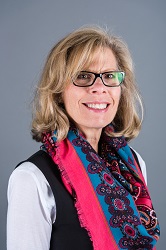CDC Staff: Our Advice for First Gen Students
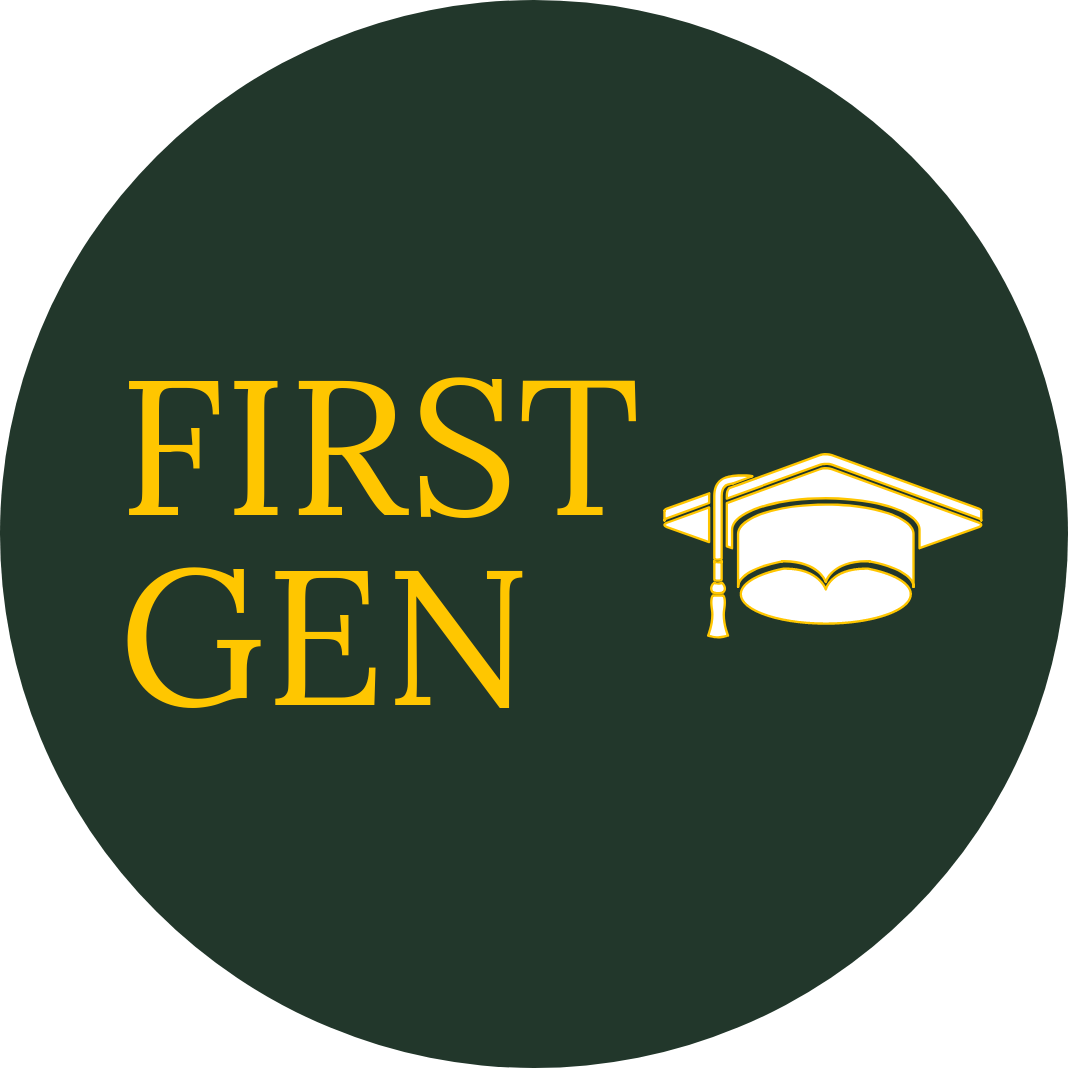 College offers many challenges, and for those who are first generation ("First Gen")-
as many as 50 percent of students in the United States- there can be particular struggles
to feel "career-ready."
College offers many challenges, and for those who are first generation ("First Gen")-
as many as 50 percent of students in the United States- there can be particular struggles
to feel "career-ready."
Soha Jafarzade, Sands Family Foundation Associate Director, looked to colleagues for advice for first generation students. The result is a compilation of experiences and advice from CDC staff. From all of us in the CDC, we invite first gen students to come see us so we can plan for your future success.
Kim Crabbe
Going after something that has the potential to change the course of your life is worth doing at any cost.Kim Crabbe
In addition to being a first gen student, I was also a non-traditional student. I took my first college class at 24 when I decided to pursue my degree. No one in my family supported this decision. I was working full time as a legal secretary while going to school full time at night. It wasn’t easy, commuting into NYC at 7 AM to get to work and then commuting back at 10 PM after my evening classes. But, going after something that has the potential to change the course of your life is worth doing at any cost.
My advice to first gen students: Never give up, and never allow anyone or anything to move you from the path you are on. You are forging this path for yourself and for future generations to come. Be strong, hold on to the resilience that brought you to this place from the beginning. Ask lots of questions, continually move outside your comfort zone, take the hand of anyone who is willing to help you along the way. Take time to breathe, look around you, enjoy the moment!
And definitely, absolutely come into the CDC – with arms wide open, we welcome you!
Contact Kim if you are interested in careers in Business and Finance.
megan jackson

My first year at college was a victory lap, still riding high from the accomplishment of getting into college, but I realized sophomore year that a new race was starting.Megan Jackson
During the college application process, I didn’t identify as first generation, and my college counselor didn’t discuss what that would mean for me. Getting into college felt like the victory lap, not the start of the race. Once I got to campus, I found that my identity as a first generation student amplified during my undergraduate career rather than diminished.
I felt really supported during my first year, mostly because of orientation, but sophomore year on was disorienting. I didn’t have the same social capital or financial resources as some of my peers, and felt shut out of experiences that others were able to access. I felt lost; my first year at college was a victory lap, still riding high from the accomplishment of getting into college, but I realized sophomore year that a new race was starting.
A pivot point was my on-campus job in the Student Success Center. I had a safe space to cultivate new skills, and supervisors and mentors who were able to help me connect with resources that could nudge me toward the next step, whether it was applying for a small grant to pay for research, encouraging me to serve on a research committee, or simply challenging me what my post-grad plans were, and constructing a plan to get there.
My advice to first gen students: On the practical side, don’t underestimate the savings the Library can bring. Books can add up quickly, and are sometimes used very briefly in class. Instead of purchasing, if the Library doesn’t have the title available, use Interlibrary Loan to get the title from another institution. Even if you accumulate late fees, that’s still more economical than purchasing the book outright.
Contact Megan if you need to learn more about majors and career paths, or getting started on your career development.
Pam Fisher
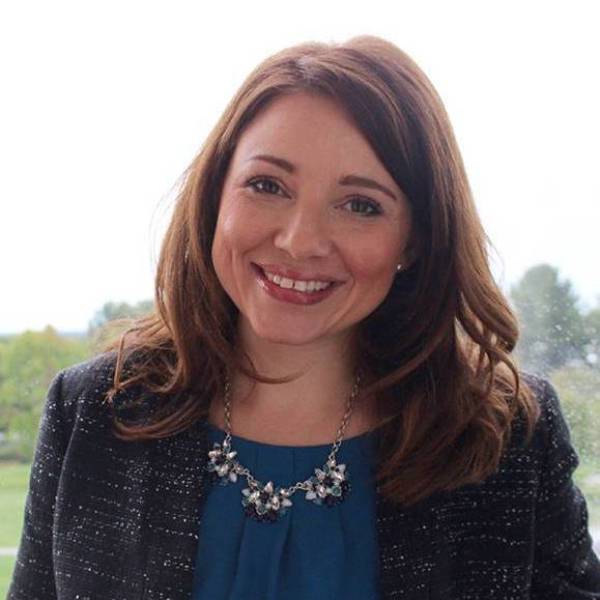
If I could have been more truthful about who I was, I would have been secure enough to pursue what truly energized me instead of worrying whether or not I had the background or prerequisites to fit in.Pam Fisher
I did not share with others that I was first gen. I was insecure about it, worried I’d be looked at differently. I mainly hid from professors, hoping to remain off their radars. I felt inferior to my classmates as I could tell many came from much greater wealth than I knew possible. I wasn’t able to purchase the items or experiences that many of my peers did, and when I occasionally “splurged,” mainly to fit in, I would be left with guilt and worry from overspending.
My lack in confidence led to too many safe and uninspiring choices, as I ignored most classes, clubs, or career opportunities that would have truly challenged me. I think if I could have been more truthful about who I was, I would have been secure enough to pursue what truly energized me instead of worrying whether or not I had the background or prerequisites to fit in.
My advice to first gen students: Take an honest, deep-down look at what inspires you and seek out opportunities that honor this, even if you have zero background in whatever that is. You’ll soon realize college is a rare and precious time to select and grow your passions. You owe it to yourself to honor what energizes you.
Contact Pam if you are an organization interested in on-campus recruitment, or working with Skidmore to share job or internship opportunities.
Penny Loretto
I didn’t realize or even question the fact that there may be resources available that could help me achieve my goal.Penny Loretto
Getting a college education was always a dream that I had set for myself. As a first gen student, my family didn’t share in the importance of this dream and I was told that there was no available money for college. Unfortunately, I was not aware of any financial resources or support available, so I worked hard to save money to be able to attend a local community college. After graduation, I got a job and then in a few years I was able to get my bachelor education partially funded through a tuition assistance program available through my employer. I later was able to go on to get my master’s degree and I felt such an accomplishment at realizing and even surpassing my goal that I had set so long ago while I was still in high school.
I was raised to work hard and earn money so I would be able to pay for the things I wanted. Since getting a college education was important to me, I knew I had to earn the money and I didn’t realize or even question the fact that there may be resources available that could help me achieve my goal without having to have so many stops and starts to my college education. Just having the support and assistance from professionals in the field of higher education would have made a huge difference in navigating this experience.
My advice to first gen students: Check out all of the staff support and resources available. Don’t be afraid to seek out the help of others and keep questioning until you are aware of all the options. These resources are available to help you, so be sure to take advantage of all of the different departments and people that want to support you. Since you have achieved your own individual goal by getting into college, it’s time to learn how to navigate this very new and exciting experience so that you can achieve and even surpass what you thought might even be possible.
Contact Penny if you are interested in pursuing careers related to social impact and education.
Soha Jafarzade
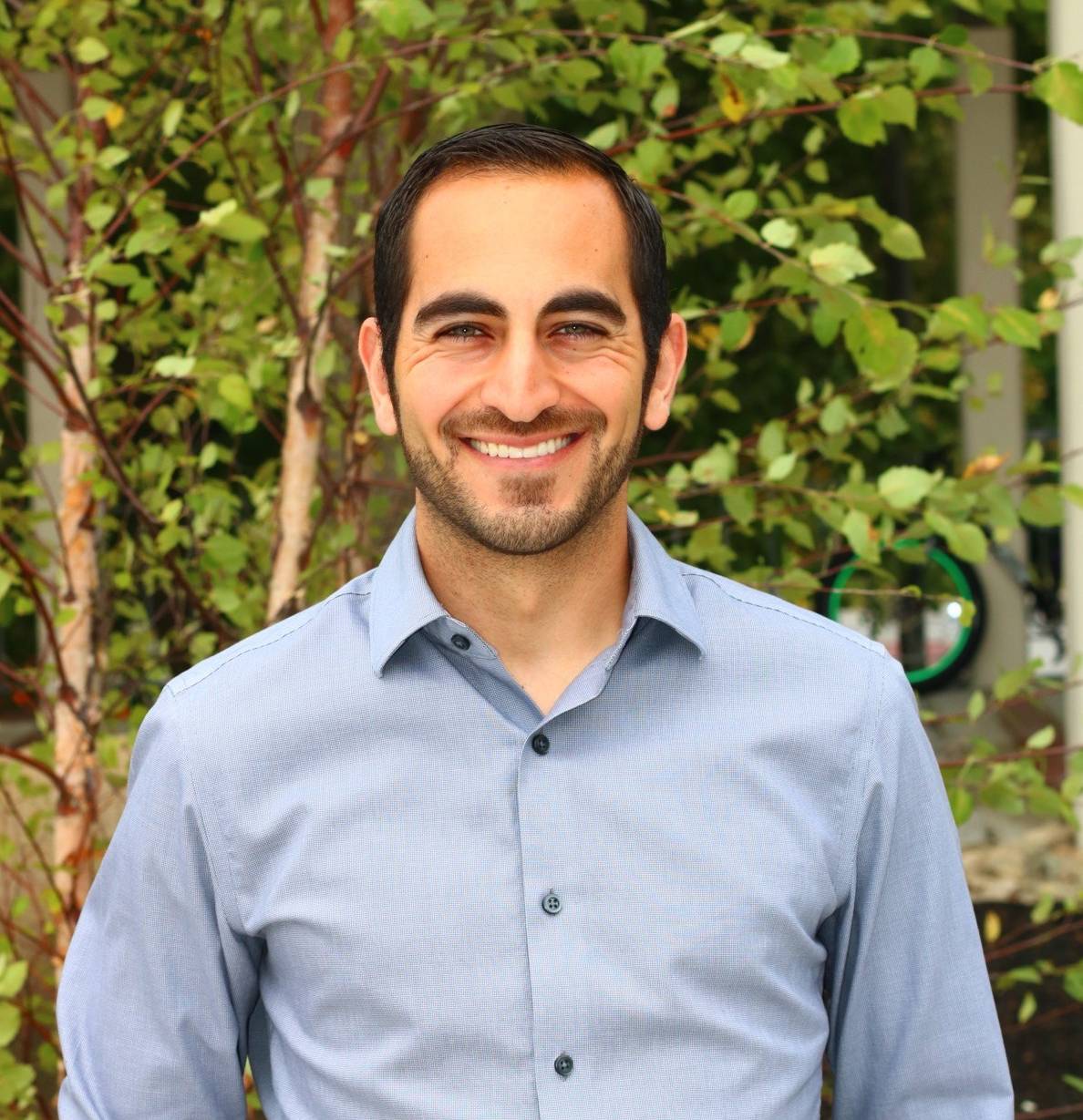
I didn’t complete any pre-professional internships, I never studied abroad, I wasn’t part of any student organizations, and I spent every summer working service industry jobs to make extra money. Unfortunately, I failed to maximize the opportunities my college afforded.Soha Jafarzade
Although both of my parents attended university in Sweden, they were immigrants and were raising me at the same time. When I began college I was taught that if I focused on my academics, everything else would work out! My goal was getting through the school year and making money during summers.
I didn’t complete any pre-professional internships, I never studied abroad, I wasn’t part of any student organizations, and I spent every summer working service industry jobs to make extra money. Unfortunately, I failed to maximize the opportunities my college afforded. I finished with a Literature degree, good grades, and no idea of what I wanted to do post-graduation or how to figure that out. Careers without high earning potential were unacceptable to my family. I spent another year serving at a local chain restaurant while living at home, and eventually applied to law school like my parents wanted.
When I began law school I felt truly out of place. It felt like all of my classmates came from long lines of attorneys and all had experience in the legal world. They were familiar with legal language and court structures that I had no clue existed. I felt like I was playing catchup from the very first day. It took a whole year to get the hang of things and find my place, but due to the hyper-competitive legal landscape my first year closed the door to a ton of opportunities I may have had if I had better prepared and used campus resources.
My advice to first gen students: Meet with professional staff from different departments at least once, as early in your college career as possible. There are so many different things the staff at Skidmore can help you with; even with things you may not even realize you need! Stop by just to chat and you never know what doors might open.
Contact Soha if you are interested in learning more about careers in government and law, or to learn more about career development opportunities within diverse populations.
Shannon Rodriguez
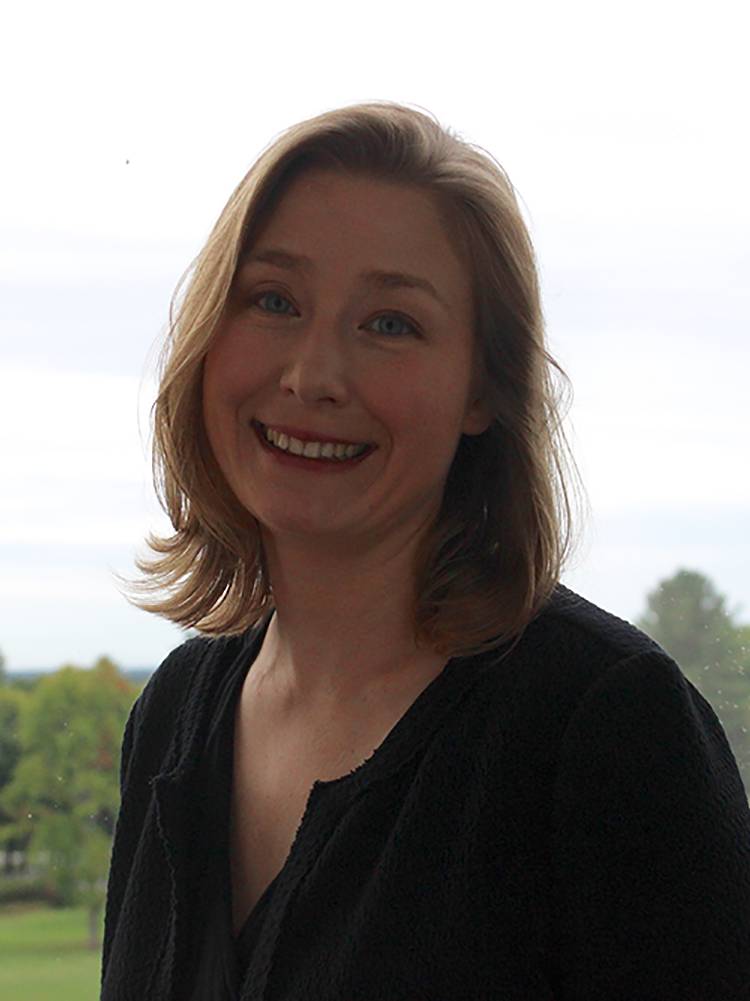
Unsure how I could make money and gain experience relevant to my major, I ended up missing out on opportunities. If I had paused to ask for help, I know I would have found meaningful advice.Shannon Rodriguez
My mother completed her college degree when I was 9 years old and my father completed his when I was 20. As we completed our homework together and shared stories about our latest classes and teachers, I learned to value education, not as much for the opportunity to explore and learn, but more for the doors it would open. As I eventually declared a major in psychology, rather than business as my parents hoped, I found myself needing some guidance. Unsure how I could make money and gain experience relevant to my major, I ended up missing out on opportunities. If I had paused to ask for help, I know I would have found meaningful advice.
My advice to first gen students: be sure to use all the resources you have available to you – alumni, faculty, staff, and others – and learn from their experiences. There are lots of us who don’t have family in our field of interest and lots of us who need to make money during school breaks. You will be surprised how helpful people can be, and you may even uncover opportunities you never considered.
Contact Shannon if you are exploring careers in clinical or biomedical sciences.
